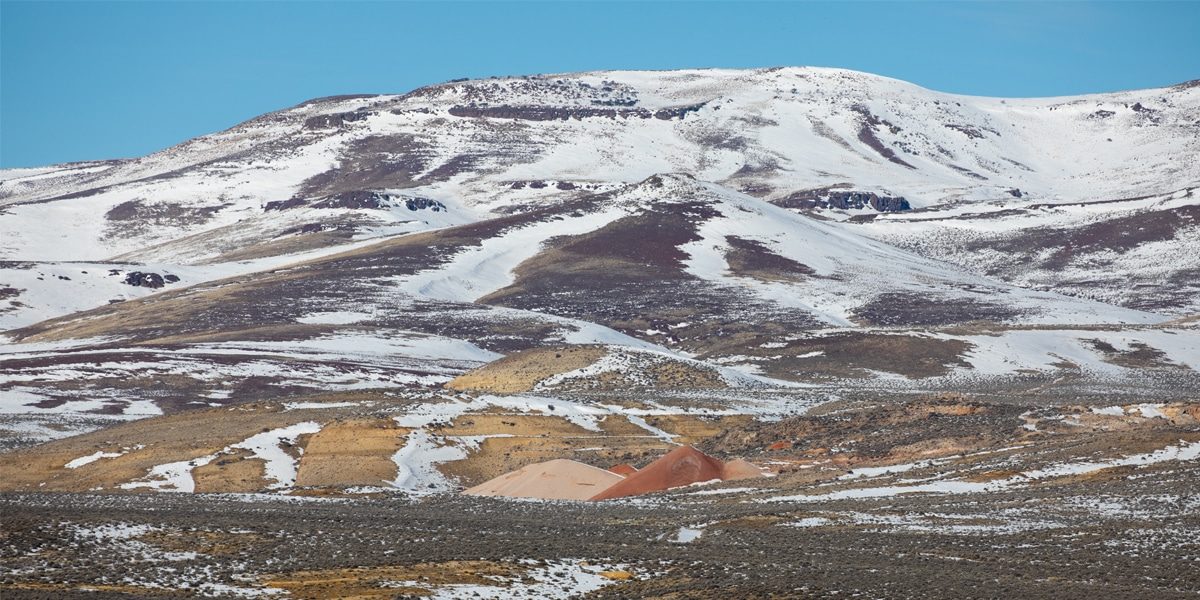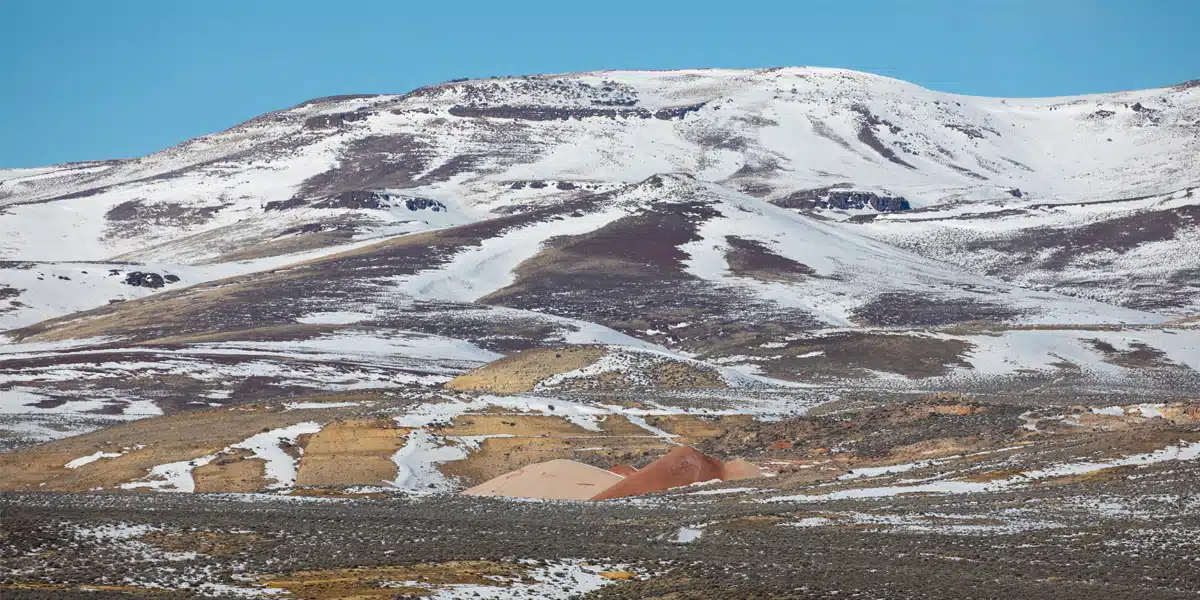A recent move by the Biden Administration may just put the United States in a better position with regard to lithium production as well as its push towards the full use of renewable power sources. A reformatted version of the Build Back Better Act proposed in 2021, the Inflation Reduction Act is set to provide a great deal of financial support for the country’s renewable energy sector by way of around $370 billion in subsidies for solar, wind-driven, and electric vehicle manufacturing initiatives.
Lauded as the most significant climate-centric legislation in American history, the Act features provisions that aim to meet the government’s goal of decreasing greenhouse gas emissions by 40% below 2005 levels within the next seven years.
But the Inflation Reduction Act faces two key challenges if it is to be implemented successfully. The first is the current lack of labor due to a tight job market. The other is more critical: the geopolitical challenge posed by lithium.
Lithium in the USA
While the United States currently has a number of proven lithium sources and reserves, it only has one operational lithium processing plant: Nevada’s Silver Peak. If the country wants to boost its EV and renewable power sectors sans overreliance on Chinese lithium imports, then there is an urgent need to develop more facilities for the domestic production of the mineral.
This is why the federal government is offering financial perks for lithium producers: to give them enough resources to speed up the development of lithium supply chains so as to meet the target for sectoral growth targeted under the Inflation Reduction Act.
One current beneficiary of government funding under the Act is Australian lithium firm Ioneer which recently got a conditional commitment on a loan worth $700 million from the Department of Energy for its Rhyolite Ridge Lithium-Boron Project in Esmeralda County, Nevada. Once operational, the Rhyolite Ridge facility could produce enough lithium to power around 400,000 EVs while producing boron at the same time.
Will There be Enough Lithium for All?
Even though it will be a while before it becomes operational, a number of leading EV producers have signed offtake agreements with Ioneer – and this underscores another issue: the widespread concern that there may not be enough lithium for everyone once EVs become the norm along with short-term renewable power storage facilities.
This is a real concern for all nations and not just the United States and its partners in the lithium processing/production sectors. In the unlikely event that EVs completely replace gas-powered vehicles in a relatively short time, the global supply of lithium will be gone in about 50 years – yet another point to ponder for those scrambling to find more sustainable sources of clean and renewable energy.







